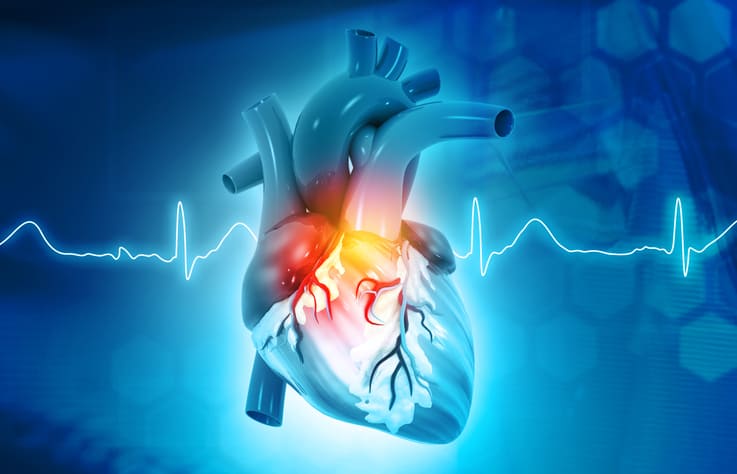Bach1 is a known transcriptional repressor of the heme oxygenase-1 (HO-1) gene. The purpose of this study was to determine whether angiogenesis is accelerated by genetic ablation of Bach1 in a mouse ischemic hindlimb model. Hindlimb ischemia was surgically induced in wild-type (WT) mice, Bach1-deficient (Bach1) mice, apolipoprotein E-deficient (ApoE) mice, and Bach1/ApoE double-knockout (Bach1/ApoE) mice. Blood flow recovery after hindlimb ischemia showed significant improvement in Bach1 mice compared with that in WT mice. Bach1ApoE mice showed significantly improved blood flow recovery compared with that in ApoE mice to the level of that in WT mice. Migration of endothelial cells in ApoE mice was significantly decreased compared with that in WT mice. Migration of endothelial significantly increased in Bach1ApoE mice compared with that in ApoE mice to the level of that in WT mice. The expression levels of HO-1, peroxisome proliferator-activated receptor γ co-activator-1α, angiopoietin 1, and fibroblast growth factor 2 in endothelial cells isolated from Bach1ApoE mice were significantly higher than those in ApoE mice. Oxidative stress assessed by anti-acrolein antibody staining in ischemic tissues and urinary 8-iso-PGF2α excretion were significantly increased in ApoE mice compared with those in WT and Bach1 mice. Oxidative stress was reduced in Bach1ApoE mice compared with that in ApoE mice. These findings suggest that genetic ablation of Bach1 plays an important role in ischemia-induced angiogenesis under the condition of increased oxidative stress. Bach1 could be a potential therapeutic target to reduce oxidative stress and potentially improve angiogenesis for patients with peripheral arterial disease.Copyright © 2020 The Author. Published by Elsevier Inc. All rights reserved.
Bach1 Plays an Important Role in Angiogenesis Through Regulation of Oxidative Stress.


